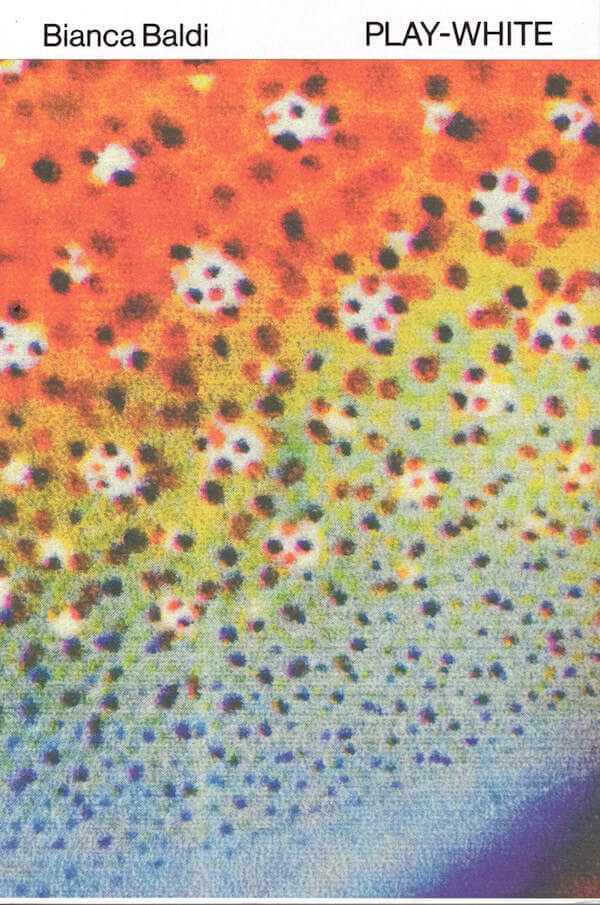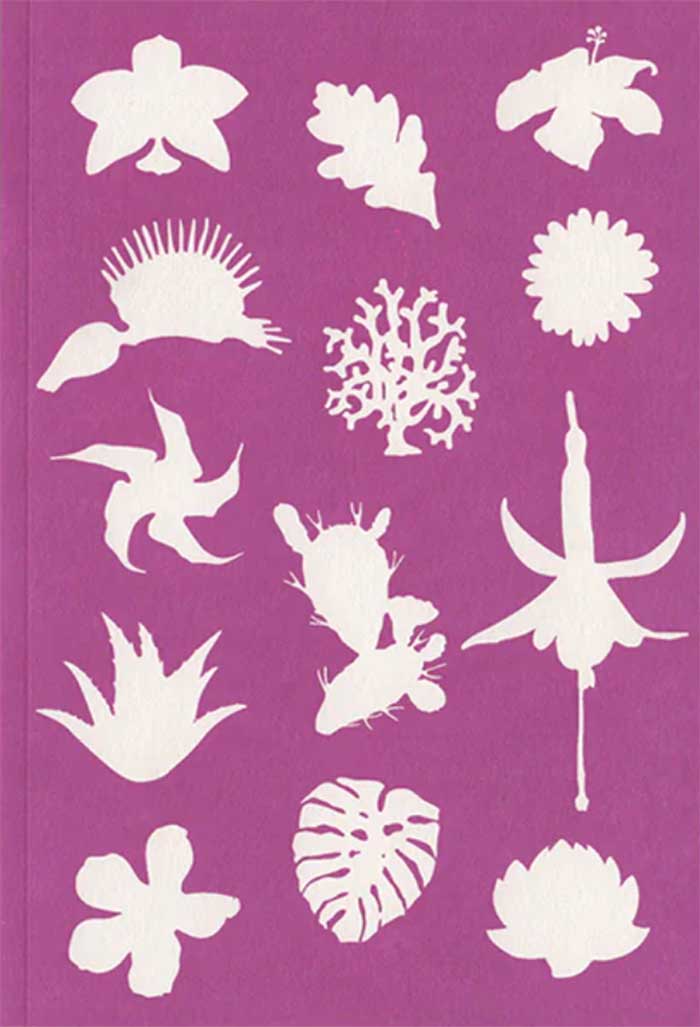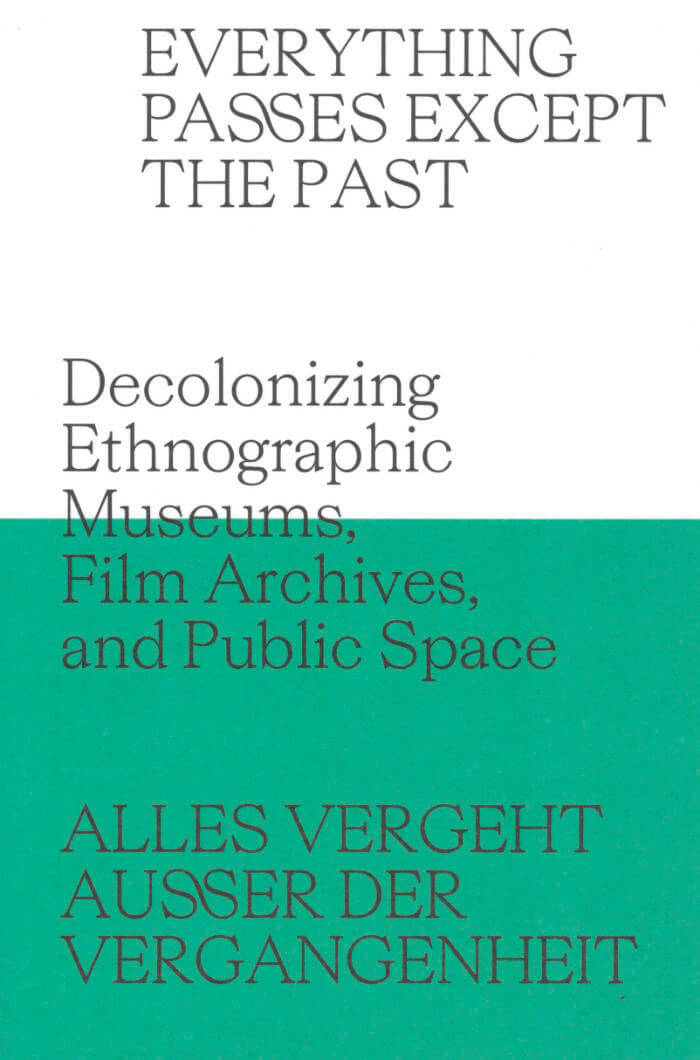Bianca Baldi
Bianca Baldi

Play-White
The racist term "play-white" comes from the apartheid era, when it connoted a black or mixed race person who lived as a white person: “So and so is a play-white.” South African artist Bianca Baldi draws from studies of biomimicry and her own family history, as well as literary precedents—such as Nella Larsen’s novel Passing (1929)—to reflect on racial passing and the instability of racial identities. Play-White alternates between layers of visualization and moments of discretion in order to explore questions of presence and evasion beyond their representation in black and white.
With contributions by Bianca Baldi, Mika Conradie, Shoniqua Roach, Amy Watson, and others; design by Katharina Tauer & Wolfgang Hückel in collaboration with K. Verlag.
Published 2021
And more

Making Kin II: Plants
Institute for Postnatural Studies
Xenofiction proposes an exercise of placing our imagination—and with it our body—inside another's perspective. When we practice becoming with another's experience, we practice empathy. Even though every time we try to speak through a non-human voice we have to accept the impossibility of truly inhabiting another being's vital experience, we can find ways through creative practice to expand the way we sympathize and empathize. This anthology convenes twelve short stories and a visual essay by writers and non-writers that have experimented with plan embodiment.
With texts by: Alice Ahad, Bianca Baldi, Fatma Belkis, Alix Breda, Kai Edwards, Anastasia Eggers, Katie Goss + Rebecca Reynolds, Moselle K, Evie Muir, Yuri Pascacio Montijo, Christian Salablanca Diaz, Javier Velázquez Cabrero and Josfina Vidal Miranda.

Everything Passes Except the Past – Decolonizing Ethnographic Museums, Film Archives, and Public Space
Everything Passes Except the Past takes an artistic and discursive approach to coming to grips with a colonial past that remains present in ethnographic museums, public space, and image archives.
The contributions in this book propose visionary theoretical, practical, and ethical foundations for future museums based on artistic and curatorial remediation of ethnographic collections. They also cover the role of colonial films in our collective and national memory, as well as the challenges and perspectives of tearing down or replacing monuments and renaming streets.
Contributions by Yaa Addæ Nantwi, Lotte Arndt, Andrés Antebi Arnó, Bianca Baldi, Daniel Blaufuks, Filipa César, Didi Cheeka, Clémentine Deliss, Karfa Diallo, Sally Fenaux Barleycorn, Alessandra Ferrini, Fradique, Pablo Gonzáles Morandi, Guido Gryseels, Jana J. Haeckel, Didier Houénoudé, Duane Jethro, Christian Kopp, Yann LeGall, Alberto López Bargados, Eloy Martín Corrales, Grace Ndiritu, Inês Ponte, Linda Porn, Tamer El Said, Bénédicte Savoy, Stefanie Schulte Strathaus, Mnyaka Sururu Mboro.
Graphic design: Caroline Wolewinski.